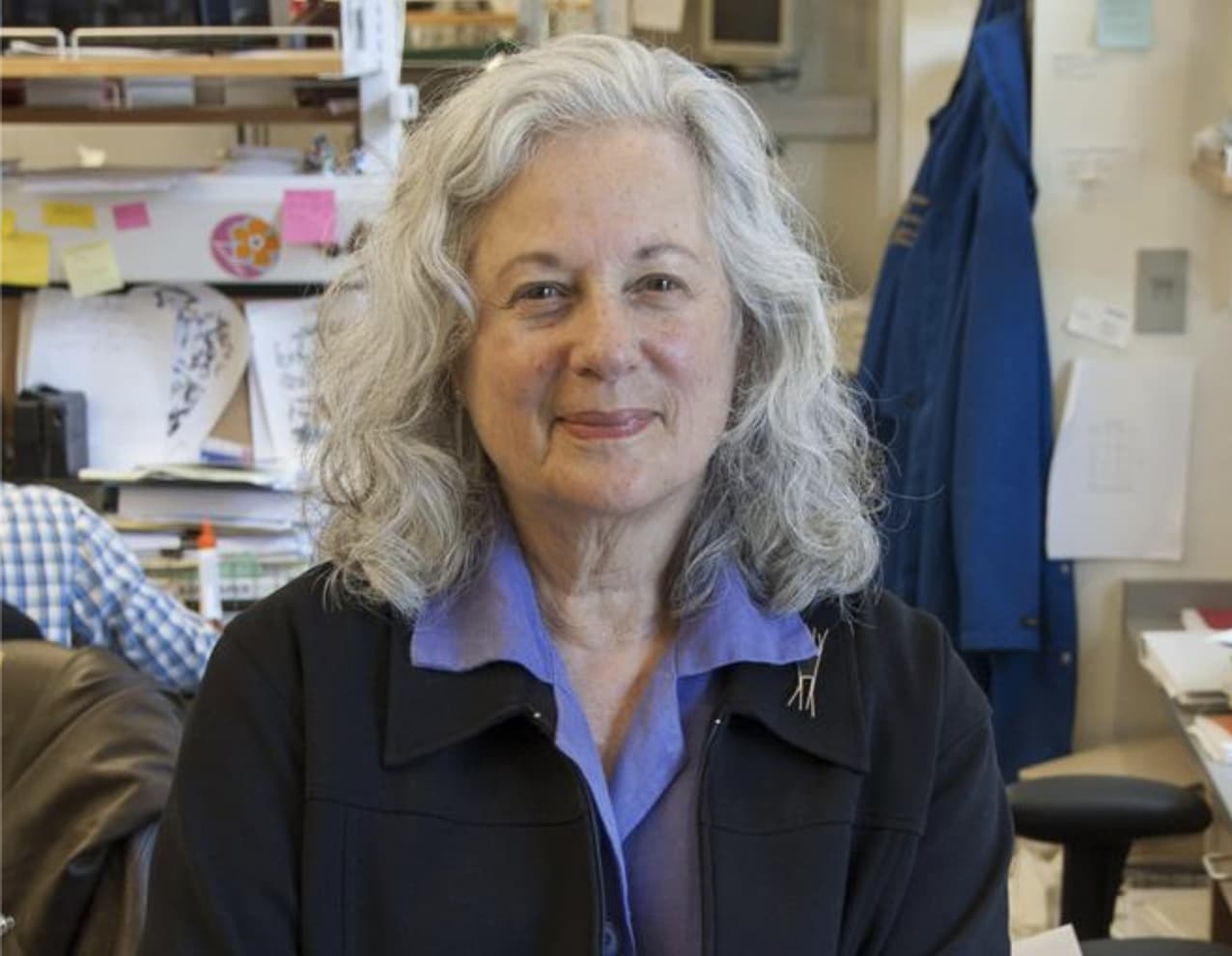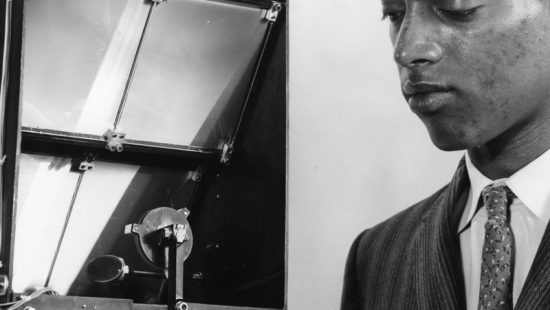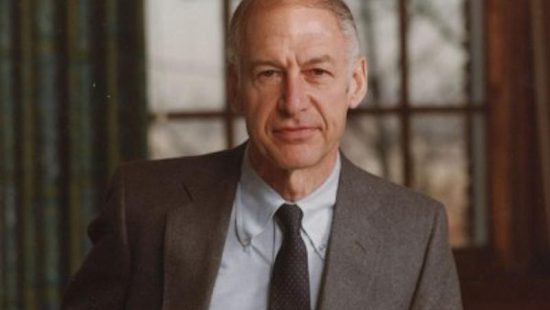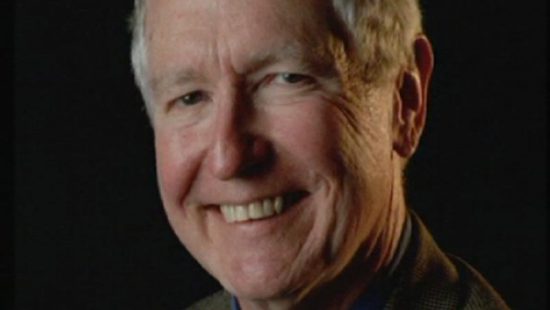Dr. Klinman received her A.B. and Ph. D. from the University of Pennsylvania in l962 and l966 and then carried out postdoctoral research with Dr. David Samuel at the Weizmann Institute of Science, Israel, and Dr. Irwin Rose at the Institute for Cancer Research, Philadelphia. She was an independent researcher at the Institute for Cancer Research for several years, before moving to the University of California at Berkeley in l978, where she is now a Professor of the Graduate School in the Department of Chemistry, the Department of Molecular and Cell Biology, and the California Institute for Quantitative Biosciences (QB3).
Dr. Klinman has been focused on understanding the fundamental properties that underlie enzyme catalysis. Early in her career, she developed the application of kinetic isotope effects to the study of enzyme catalysis. In l990, she demonstrated the presence of the neurotoxin, 6-hydroxydopa quinone (referred to as TPQ), at the active site of a copper-containing amine oxidase from bovine plasma, overcoming years of incorrect speculation regarding the nature of the active site structure and opening up the field of protein-derived quino-cofactors. Subsequent work from her group showed that the extracellular protein lysyl oxidase, responsible for collagen and elastin cross-linking, contains a lysine cross-linked variant of TPQ, while mechanistic probes advanced knowledge of cofactor biogenesis and catalysis in the copper amine oxidases. Most recent work has unraveled the enigmatic pathway for production of the free-standing bacterial cofactor/vitamin, pyrroloquinoline quinone.
Since the l990s, Klinman’s kinetic studies of enzyme reactions have demonstrated anomalies that demonstrate quantum mechanical hydrogen tunneling in enzyme-catalyzed hydrogen activation reactions. These findings indicate that proteins influence rate by modulating barrier width, not simply barrier height. Because the transfer of hydrogen as a wave requires restructuring of the heavy atom environment, her tunneling studies also provide a direct link between motions within a protein and the bond making/bond breaking processes that they catalyze. Many of the redox enzymes that have been pursued in the Klinman laboratory use molecular oxygen as substrate. She has developed a set of experimental probes for determining the mechanism of oxygen activation. These probes are able to shed light on how proteins can reductively activate O2 to free radical intermediates, while avoiding oxidative damage to themselves. Her most recent investigations are directed at expanding the principles uncovered from hydrogen transfer processes to other classes of enzyme reaction that include the large class of methyltransferases as well as the TIM barrel superfamily. These studies are uncovering a role for evolved protein networks that play a role in thermal transmission from protein-solvent interfaces to the site of catalysis.
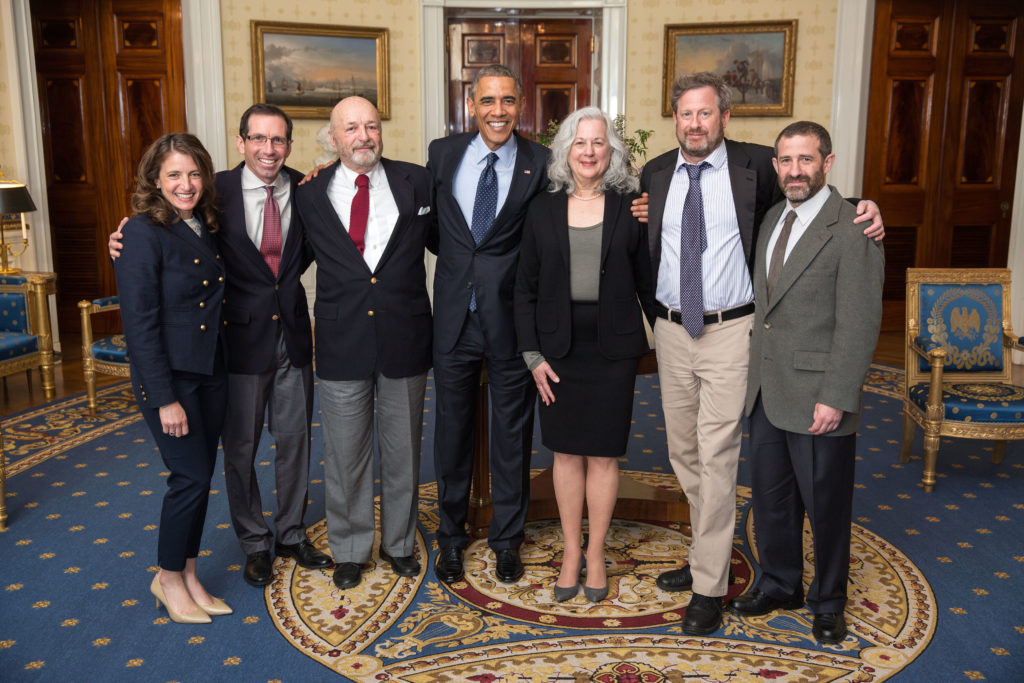
This photograph is provided by THE WHITE HOUSE as a courtesy and may be printed by the subject(s) in the photograph for personal use only. The photograph may not be manipulated in any way and may not otherwise be reproduced, disseminated or broadcast, without the written permission of the White House Photo Office. This photograph may not be used in any commercial or political materials, advertisements, emails, products, promotions that in any way suggests approval or endorsement of the President, the First Family, or the White House.

